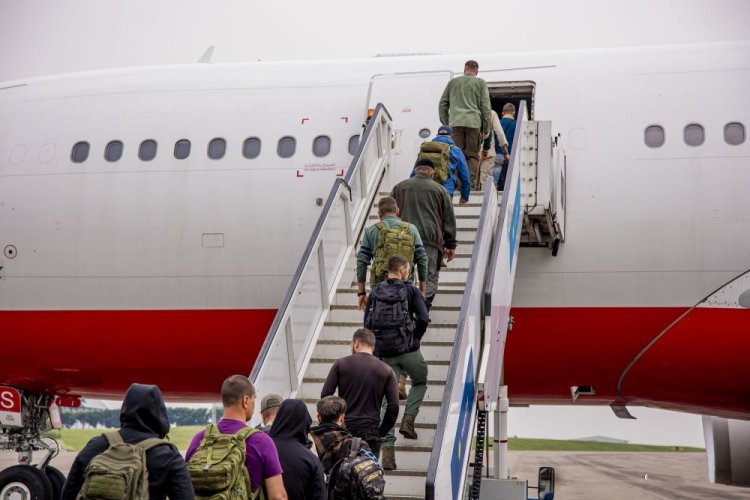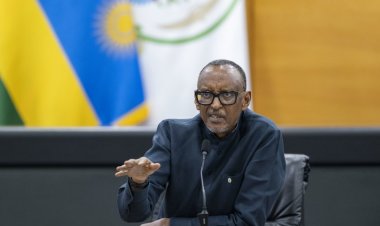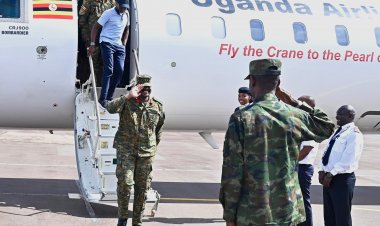
On the morning of February 1, 2025, the first group of 290 mercenaries fighting alongside the FARDC in the Democratic Republic of Congo (DRC) boarded a Hi Fly Malta Airbus A330 at Kigali International Airport, marking their return home.
These individuals had arrived in Rwanda on March 29, 2024, after fleeing Goma due to their defeat by the M23 rebel group. Among them were mercenaries from Romania's RALF group, Bulgaria's Ajemira, and members of the International Private Military Companies Alliance (MPC).
In North Kivu, RALF had deployed over 800 mercenaries tasked with protecting Goma and the city of Sake. Despite their defeat, the mercenaries refrained from speaking extensively to the press. However, a few shared insights about their operations in the DRC, emphasizing their security missions.
The use of mercenaries in the DRC has deep historical roots, dating back to the 1960s. At that time, they were employed by Moïse Tshombe, the leader of Katanga Province, during the post-independence conflict against Joseph Kasavubu’s government. The mercenaries were instrumental in supporting Tshombe and later Mobutu Sese Seko, who relied on them to suppress various rebellions, including the Simba insurgency.
European nations such as France and Belgium have also historically deployed mercenaries to support the Congolese government. In recent years, images have surfaced showing senior officials in Kinshasa being guarded by foreign mercenaries, underscoring the continued reliance on such forces.
Among those departing Kigali, some revealed that their experience extended beyond the DRC to countries like South Africa. Despite their diverse backgrounds, many expressed gratitude for the hospitality they received in Rwanda, from their entry at La Corniche border post to their stay in the country.
For most, this marked a long-awaited return to their families, bringing an end to their chapter in the DRC. Rwanda’s facilitation of their repatriation serves as yet another example of its commitment to fostering stability in the region.Rwanda Facilitates Repatriation of 290 Mercenaries Returning from the DRC Rwanda Facilitates Repatriation of 290 Mercenaries Returning from the DRC
 English
English  Kinyarwanda
Kinyarwanda 



 Mathieu KARUMUGABO
Mathieu KARUMUGABO 















